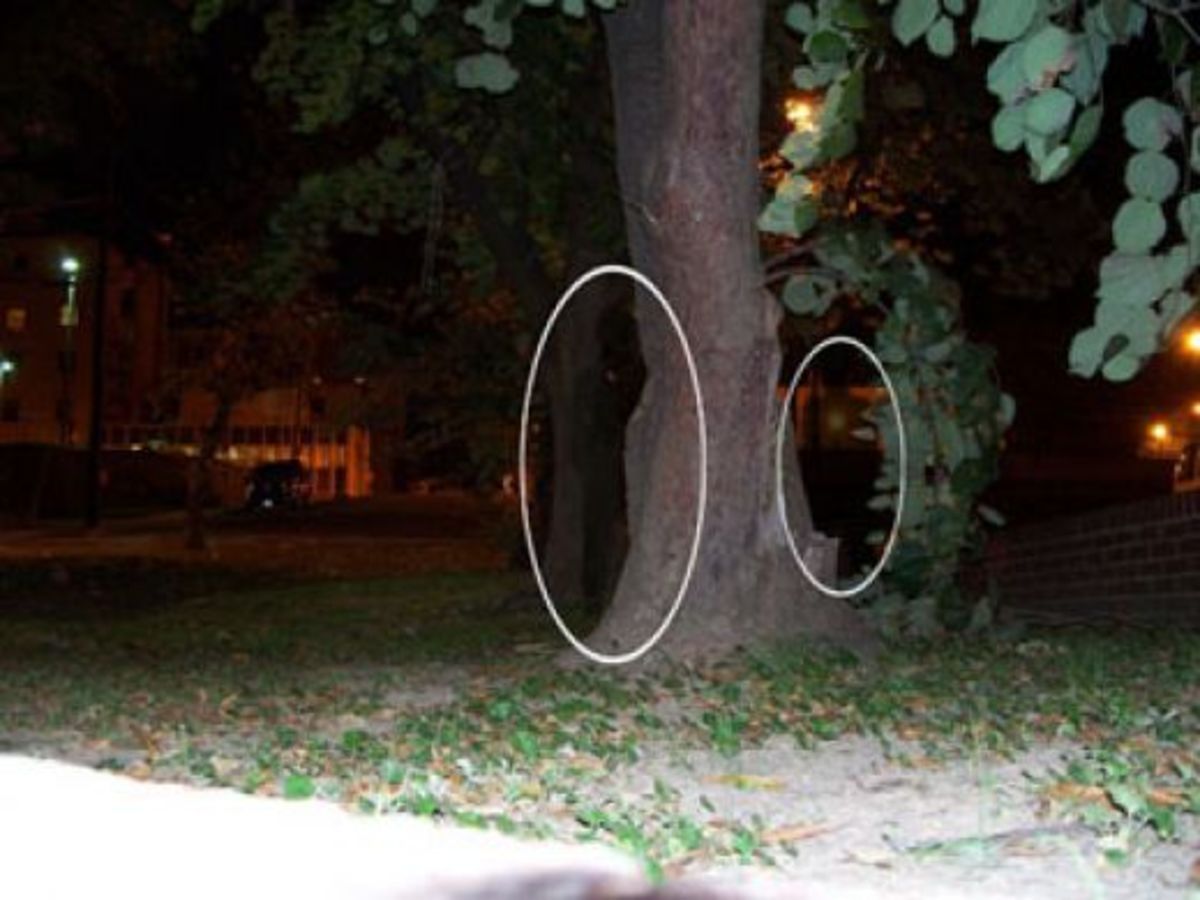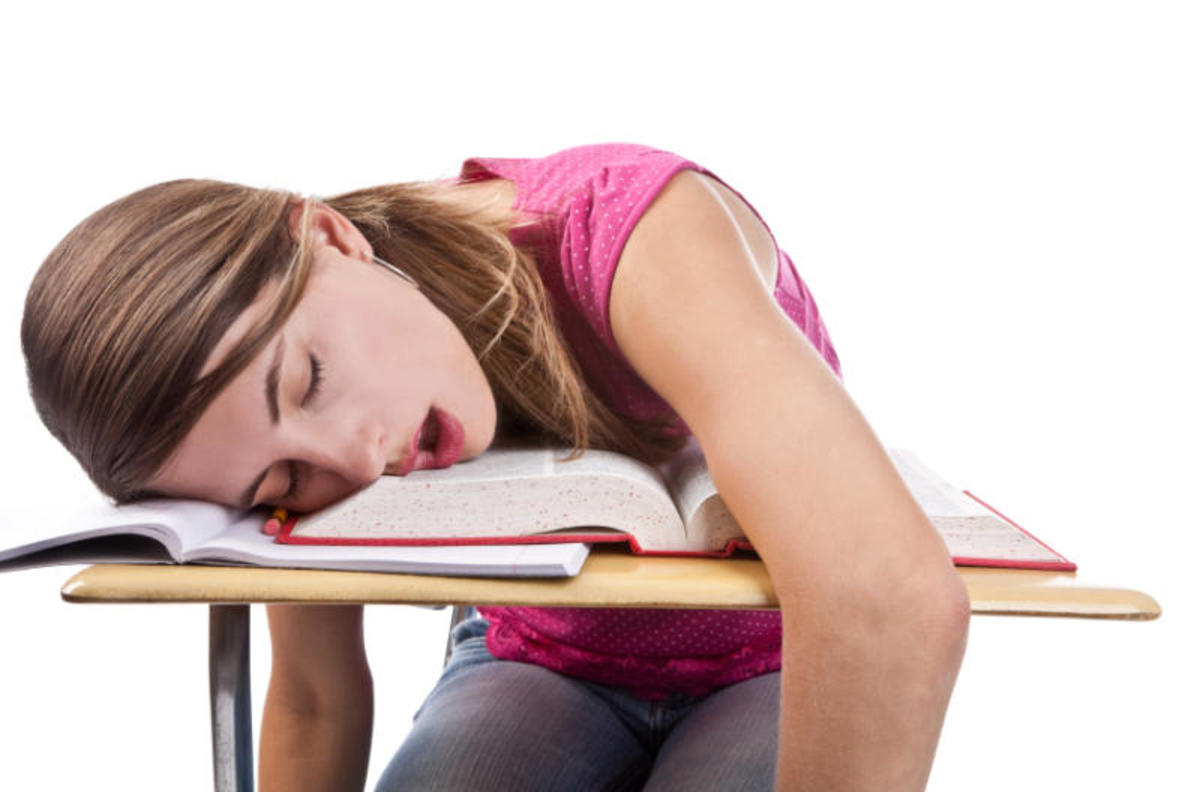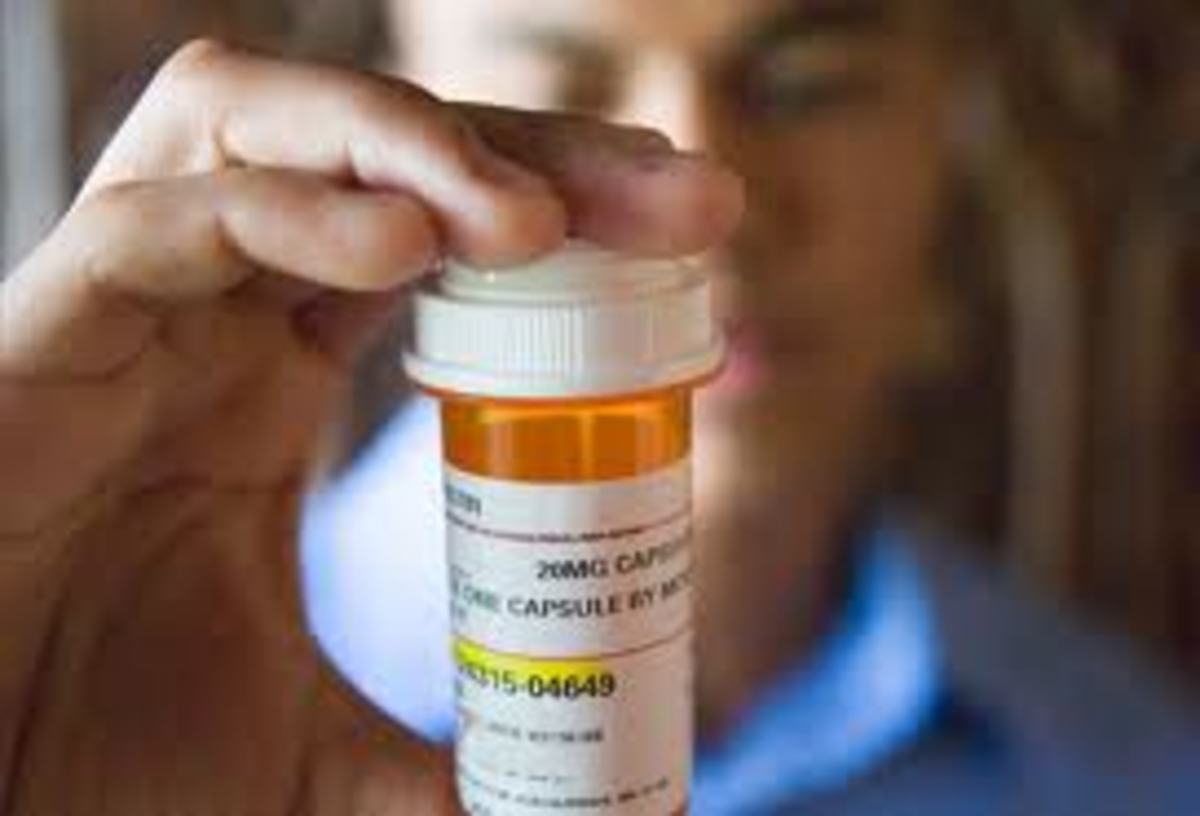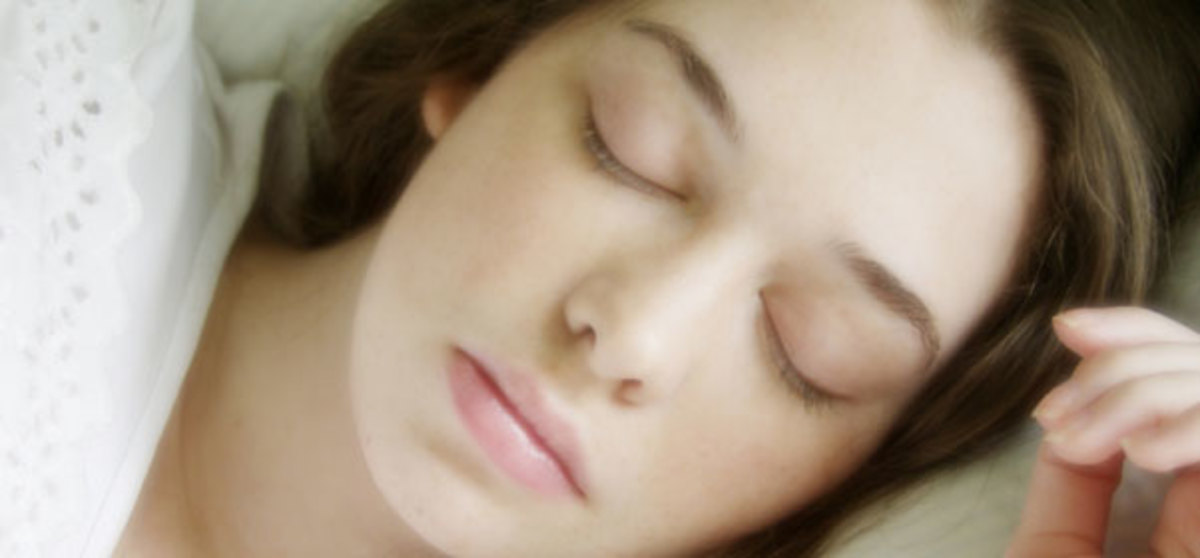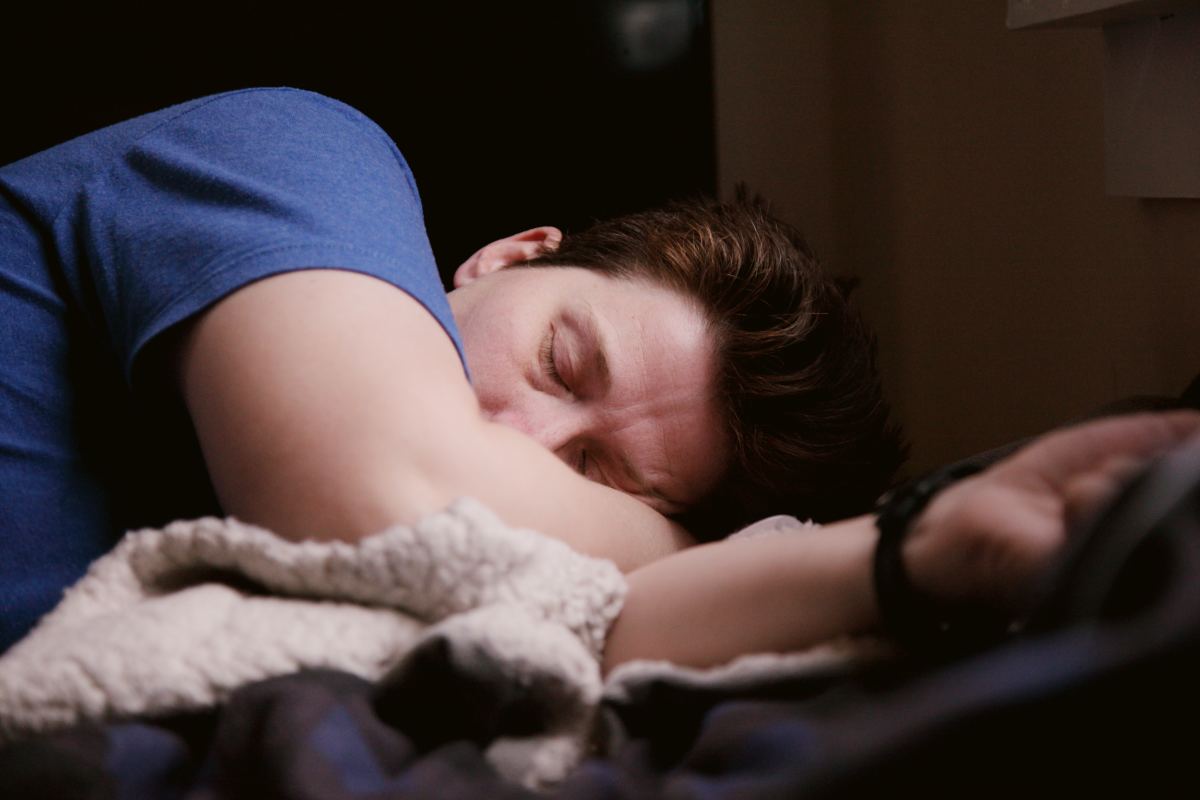Total Sleep Deprivation Studies
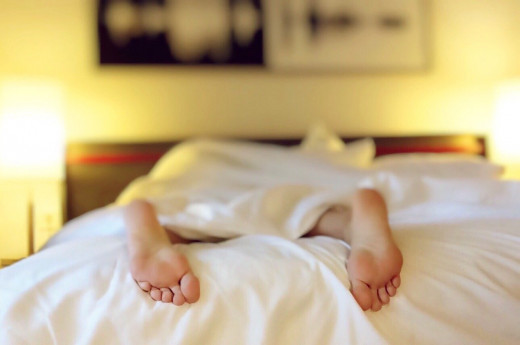
Sleep Loss Effects on Brain
I have written various articles about sleep, but now there is a new study that shows what sleep loss does to your brain and cognition brain function. The Oxford dictionary defines cognition as “the mental action or process of acquiring knowledge and understanding through thought, experience, and the senses.”
A 2014 sleep study stated 35% of American adults rated their sleep quality as poor or fair and 45% said they had trouble falling asleep. Another 53% state they have trouble staying asleep and 40% reported snoring was a problem.
Adequate sleep is considered to be the most important thing we can do for ourselves, that is more important than exercise and diet. When your body is asleep a vast amount of housekeeping is done, so your brain needs sleep more than your body does. One study said: “Sleep loss is no longer considered an emblem of productivity or success.” Chronically losing sleep will prevent you from being able to do essential work efficiently.
“Early to bed and early to rise makes a man healthy, wealthy, and wise.”
— Benjamin Franklin
Michigan State University Study
This first study was done by Michigan State University and it named the ‘effects of total sleep deprivation (DST)’. The researchers worked with 140 tested people who were well rested. They had 77 people stay awake all night in the lab and 63 people went home to sleep normally. The researchers then administered tests after this one night of sleep deprivation. The researchers were particularly interested in the subject’s ability to pay attention as this is necessary to perform multiple tasks.
The two tests were:
-
The Psychomotor Vigilance Task measuring attention
-
The UNRAVEL method “a measure of placekeeping, a higher-order process that involves memory operations and supports performance in a wide range of complex tasks”
They were tested in the evening, and they again the following morning. The sleep deprived people performed much worse on both tests. The UNRAVEL evening test had a 15% error rate but the sleep deprived had a 30% error rate. The rested group’s tests results were the same on both occasions.
In addition, the sleep deprived people had numerous lapses of attention. The placekeeping errors doubled and the lapses in attention tripled for the sleep deprived people. One of the researchers stated that not every task we attempt suffers from sleep deprivation, but many do in multiple areas. Chronic sleep deprivation can lead to a serious cognitive decline and dementia over the long term.
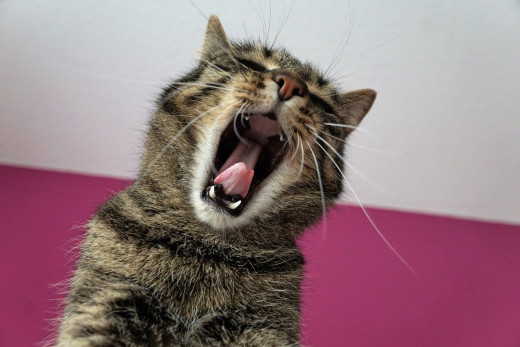
University of South Florida Study
The University of South Florida study surveyed 130 employees working in the information technology field. They also had to have at least one school-aged child to participate in the study. The subjects reported that 16 minutes less sleep than usual resulted in worse quality sleep, and they had more cognitive issues during the following day. Poor sleep resulted in increased stress, particularly when trying to balance work and home.
This study found empirical evidence as to why workplaces need to make more effort to promote their employee’s sleep. People that sleep well stay focused and on-task with fewer errors or even interpersonal conflicts. They also found that the consequences of less sleep was not as apparent when the employee had the next day off from work.
These Sleep Experts Explain How to Get the Best Rest
Does Weekend Extra Sleep Help?
It is possible to sleep more on the weekends to make up for lost sleep but the journal of Current Biology stated that weekend sleep puts people at risk for gaining weight. When people catch extra hours on the weekend they snack more than usual and also have an increased risk for diabetes.
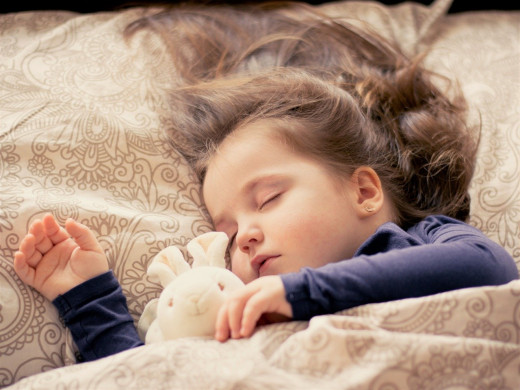
Final Thoughts
When people are sleep-deprived they must exercise caution in everything they do because errors may occur at work and even when driving a motor vehicle. Errors can have severe consequences. Studies of adults and children with sleep deprivation has shown a development for some types of psychiatric disorders.
Some people need 8 hours of sleep and others might need 6 hours, so it is important to establish a routine of going to bed at the same time each night to determine how many hours of sleep you need. Try to find what works for you as some people feel good as early risers and others are night owls. Each person has to figure out what routine fits into their schedule, so they feel rested and they can be productive each day without too much stress.
What Would Happen if You Didn’t Sleep?
References
This content is accurate and true to the best of the author’s knowledge and does not substitute for diagnosis, prognosis, treatment, prescription, and/or dietary advice from a licensed health professional. Drugs, supplements, and natural remedies may have dangerous side effects. If pregnant or nursing, consult with a qualified provider on an individual basis. Seek immediate help if you are experiencing a medical emergency.
© 2019 Pamela Oglesby

